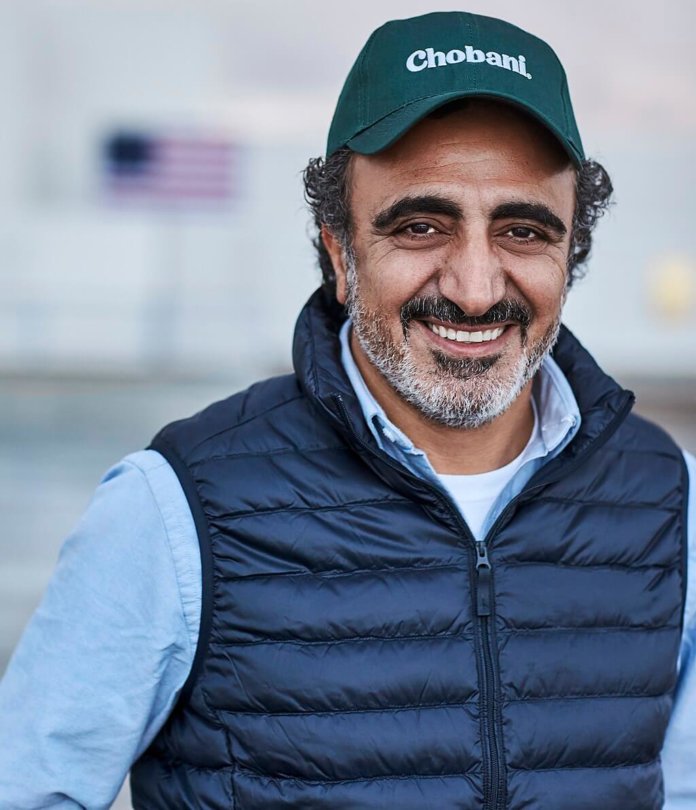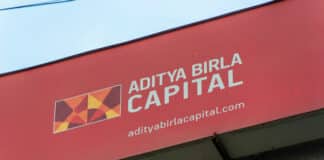
Hamdi Ulukaya is not the first CEO to carve out new paths within his industry. Certainly, his Greek yogurt company Chobani, founded in upstate New York in 2005, is credited with launching a brand new skew in grocery stores across America.
Impressive as that is, it might not be his greatest trailblazing accomplishment. In an era where corporate greed and heightened tension towards immigrants within the United States, Ulukaya is using Chobani as a shining example for how smart business and an open-arms policy towards refugees and immigrants can make for a beautiful and prosperous marriage.
The Turkish-born CEO has made it a point to hire more than 400 recent refugees from around the world and his business and personal philanthropic efforts earned him the call to be one of Barrack Obama’s Presidential Ambassador for Global Entrepreneurship in 2014.
“Business is still the strongest, most effective way to change the world,” once told Ernst and Young Global Chairman & CEO Mark A. Weinberger. This is a far cry from the rural back hills of Turkey where he grew up believing capitalism was the root cause of all that was wrong with the world.
Humble Beginnings
Ulukaya grew up watching his grandfather raise sheep and goats in a mountainous region of Eastern Turkey, not far from the Euphrates River. His father had run a small cheese and yogurt manufacturing operation in the region. After fleeing Turkey for fear his political views as a university student might land him in serious hot water, his father encouraged him to make and sell feta cheese in his new American home.
Reluctant at first, Ulukaya took his father’s advice and built a profitable operation in just two years. It was not long after when he saw a notice that Kraft Foods was selling a dairy processing plant in upstate New York in New Berlin. He had long believed that the type of yogurt he grew up with back in Turkey (known as Greek yogurt in America) could be a huge hit in his new home with the right product and marketing.
“Yogurt should be something that you can reach in the fridge and eat at any given day, any given time, without feeling guilty,” he told the New Yorker in 2013.
Through a combination of a Small Business Association loan and a patchwork of local economic development grants, Ulukaya bought the plant for just under $1 million and began the process of turning it into a Greek yogurt factory. He would call his new product Chobani, derived from the Turkish word for “shephard”.
A Chobani Dynasty is Born
Few entrepreneurs saw a meteoric rise like the one Ulukaya enjoyed with Chobani. Within five years out of the gate, the company was earning more than $1 billion in revenue and were in just about every grocery store in the country. By this same time, more 30% all yogurt consumed in America was Greek yogurt with the lion’s share being Chobani’s.
Some attributed it to serendipitous timing with the product launch coming when many Americans were looking for a healthy snack that felt like a treat rather than a chore. Ulukaya believes food manufacturers that came before him simply read the landscape wrong.
“They were making it in France, or in Turkey. Why wouldn’t they do it here?” he told the New Yorker. “The answer they would give is that the Americans wouldn’t appreciate it—that Americans would not like a yogurt unless it was overly sweetened, to get rid of the yogurt taste. One would wonder if manufacturers truly believed that story…or maybe it was cheaper to do it that way, so they wanted to believe that story.”
Chobati expanded by building another plant in Twin Falls, Idaho and today generates more than $1.5 Billion in annual revenue. In 2012, Hamdi Ulukaya was named Ernst & Young’s Entrepreneur of the Year, just one of his many business-related accolades.
A Philanthropic Role Model
Perhaps even more impressive than his business success is his track record of corporate philanthropy and inclusion that is rare amongst his peer group. While many successful CEO’s have foundations and do charitable work, few have proven to be so voluntarily generous within his company and in his community.
Believing that better-paid employees lead to greater productivity and corporate success, Ulukaya out his money where his mouth is and gave his employees 10% of Chobani’s. He also instituted a six-week parental leave policy of his own accord.
In 2015 Ulukaya announced a $700 million donation to Kurdish refugees under the Giving Pledge initiative. Later that year, he visited a Syrian refugee camp and as a result, started the Tent Foundation to help that cause.
To get more CEO’s and business leaders to follow in his footsteps, Ulukaya went to the World Economic Forum in Davos, Switzerland, to call upon his peers to do more to help.
Both in business and in their communities, it would seem following in Hamdi Ulukaya’s footsteps is the smartest and most humane thing business leaders could do.









